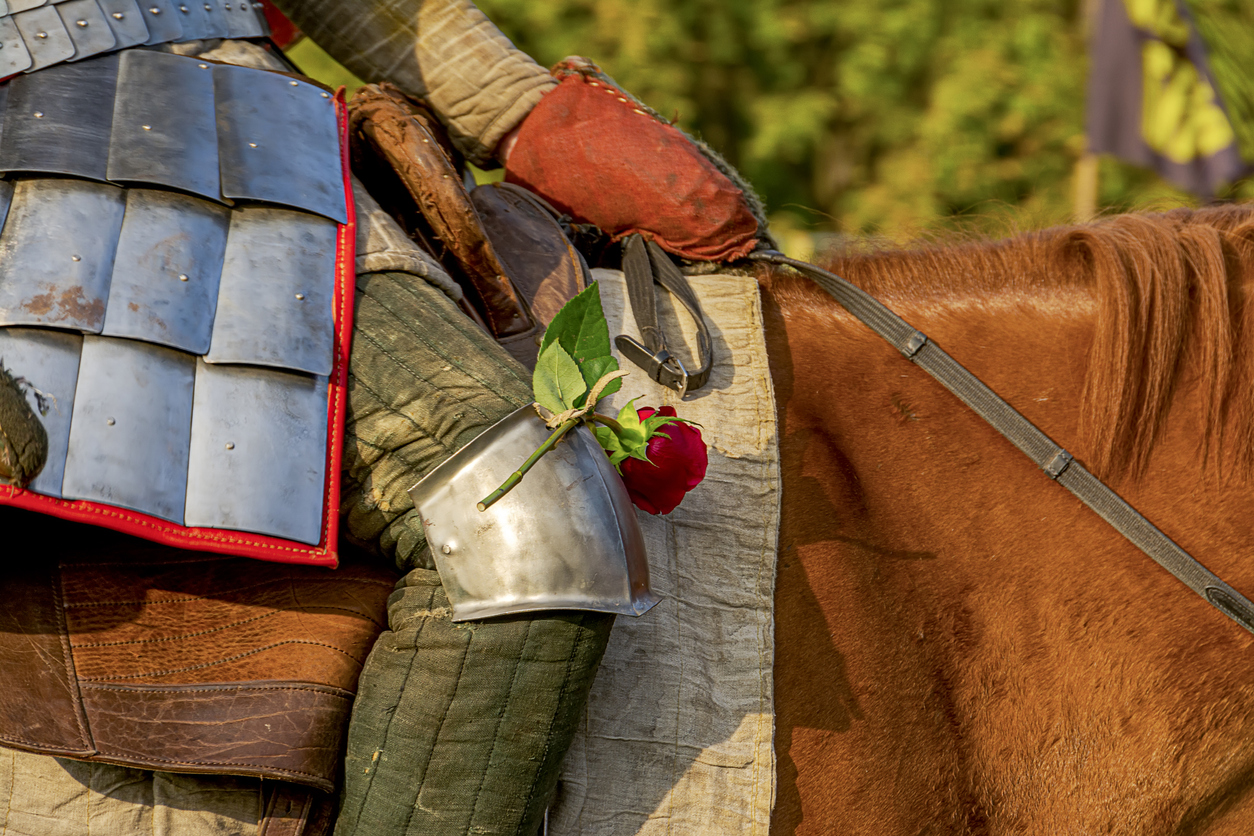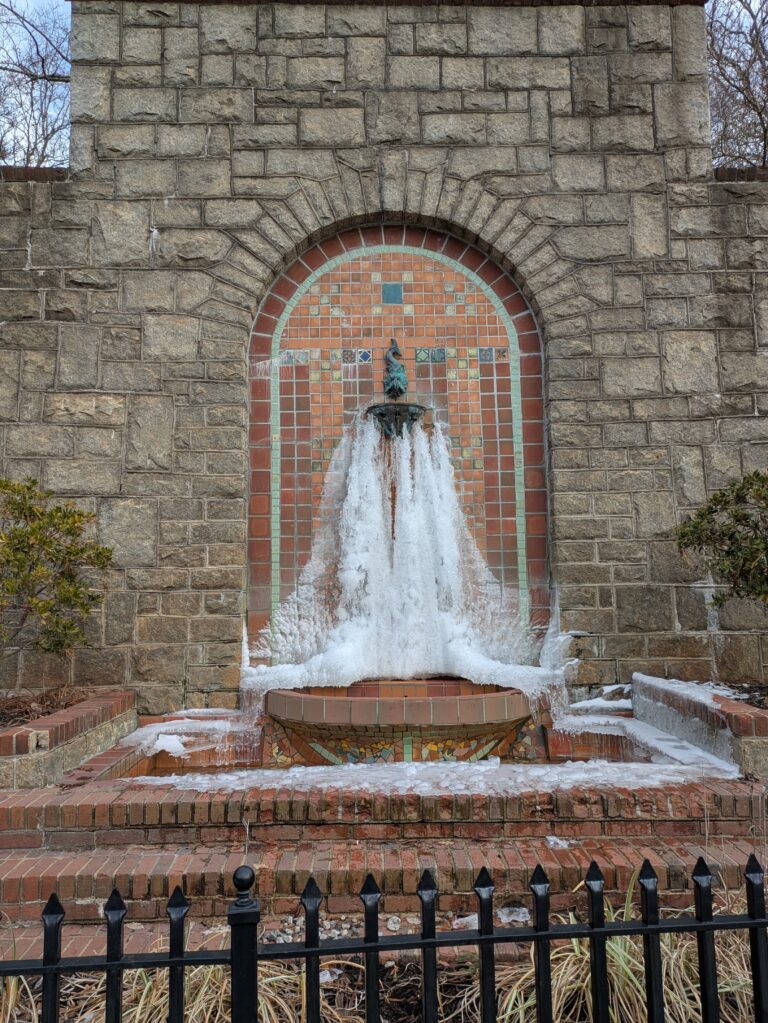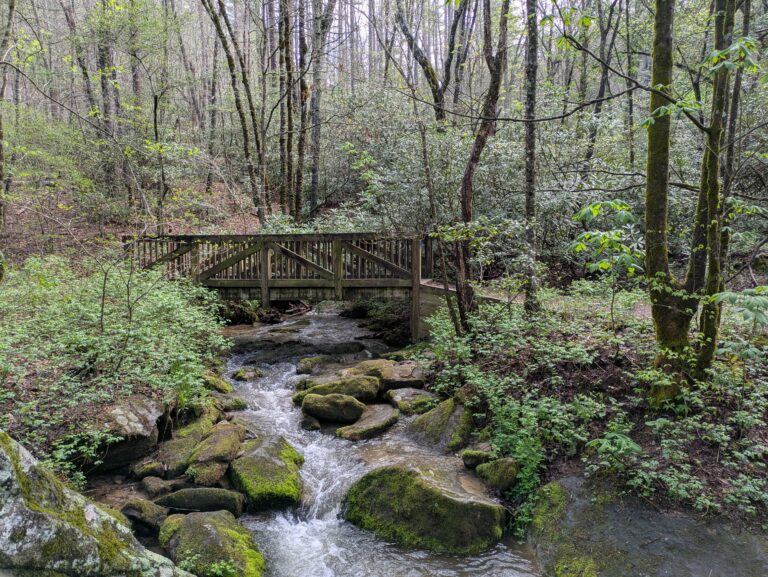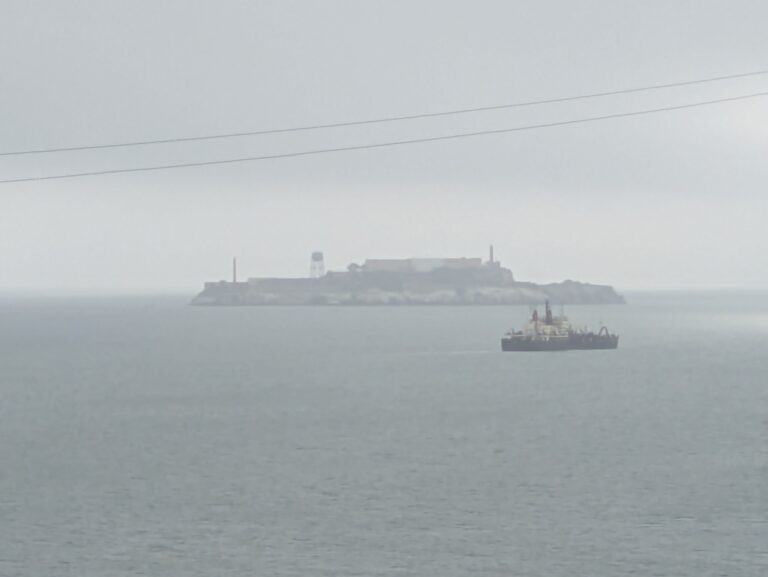One day in the Republic of Novgorod went by as usual. Merchantmen from Hamburg and Lübeck crowded the streets, selling their wares to anyone who came by their stalls. Politicians debated in the city hall, and great poets and writers strolled the streets. This city was part of the larger Kievan Rus, a confederation of the Rus people that stretched from Kiev and Crimea in the south to Finland and Novgorod in the north. It was a flourishing time, an actual golden age in Russian history. But back in Novgorod, there was suddenly jubilation. The ruler of the Rus, Prince Alexander Nevsky, had suddenly arrived in the city. His path was lined with soldiers to make sure nobody got too close. He was going to the barracks in the military section of the city. The soldiers there stood in perfect formation, waiting for him to speak. The prince gathered the generals, and he finally said to the crowd of soldiers, “A few days ago, the Teutonic Knights invaded our southern border and began sacking our villages. I want to take this army down to where they are invading and attack them, driving them back into Prussia.” He looked across row upon row of Russian soldiers and yelled, “Will you let me do that? Can you do that?” The soldiers shouted a reply, and they set off toward Prussia.
Somewhere in the army, two archers were walking for a few miles before they started talking. “How long do we have to walk?” one asked. “‘Bout 120 miles.” “Where exactly?” “To some lake on our western border called Lake Peipus.” “Oh,” the other man said. They seemed happy but were still wavering at an upcoming battle. They talked about their families back in Novgorod to pass the long day’s march of 20 miles. Then, someone beside them said that their army had Tartar horse archers from the Golden Horde. The man also said that those horse archers were renowned for their archery skills and added that he thought they could win the battle single-handedly. On the other side of the pair, someone else said that God was on their side since the Teutonic Knights. However, they had been formed to fight pagans by Hungary, had been attacking the Catholic Polish, and seemed to be on the loose. He also added that they had some Warrior Monks with them, who were local monks with experience fighting and armed with lances. The monks would also invoke the spirit of God, who would surely get them to victory at the next battle and many to come. They continued talking about their troops and how the battle would go for them until they reached their quota of miles and stopped to rest at the end of the day.
As they sat each night with their Kvass, which was nonalcoholic and full of antibiotics, medicines, and nutrients, they talked about the march and any other stuff that interested them. They continued this schedule for 6 days, and on the 7th day, it was time for battle. The infantry put on their chainmail armor and retrieved their Russian sabers, a cross of European and Mongolian swords. The archers reached for composite bows made with horse sinew and wood. The Tartar horse archers also got their composite bows and sabers. The warrior monks put on their armor and got their lances from the rack.
Meanwhile, Nevsky prayed in some woods near the camp, hoping for good luck in battle. Fresh snow had just fallen, and they knew the lake would be frozen. The Rus had relatively light armor compared to the Knights, who had layer upon layer of plate armor. When they were ready, the prince got up for a speech. In the speech, he called for them to think of what the Knights did to their faith and called for the soldiers to think of their families, their city, and the Orthodox faith in the coming battle.
They marched for a few tense miles, and suddenly from the trees they saw them. The huge army of the Teutonic Knights shined in the warm sun. The lake laid itself out before them, and the Knights started their German chant. The sides charged at each other, and they collided in the middle of the lake with a thunderous clash. The sword fell against the sword, and men cried in pain and rage at the other enemy. The battle continued. Arrows from the Rus archers, Prussian crossbowmen, and Tartar horse archers fell true to their mark. The monks made a glorious charge against the enemy, and they slammed into the crossbowmen. This charge made a huge blow, but it wasn’t enough. But then, out of nowhere, the two Rus friends noticed something. The ice began to shake. They then realized that the shaking was coming from the Knight’s side, and cracks began to form in the lake. Then, it came. It first came and took one by one, but the lake started to swallow the knights whole. Then, a huge hole came through and swallowed hundreds of men at once. The heavy armor of the Teutonic Knights had broken the lake. Prince Nevsky led a final charge into the crossbowmen, and that was it. The Russians had pushed back the Teutonic Knights once and for all.

The Teutonic Knights would never come back to invade the Rus, and the Rus had fully secured their eastern border once and for all. The Kievan Rus could now focus on a new invader, the great Mongol invasion in the west




